Ilorin, the capital city of Kwara State of Nigeria, has returned to normalcy after the frenzy of two whole weeks of a festival of sports that many stakeholders have described as the best sports development programme to have taken place in Nigeria in decades. Over 4000 young athletes (all officially below the age of 15) and their officials from all the states of the country (including those that never used to send any representation in the past) assembled inside the campus of the University of Ilorin, for the 5th edition of the National Youth Games, an annual event established by the Federal Ministry of Sports (and/or the National Sports Commission) to kick-start a new era of talent discovery in Nigerian sports.
The greatest revelation is that there is an institution in Nigeria, a Tertiary institution for that matter (and there could be more wasting in the oasis of neglected abundance) with the facilities to host all the athletes and officials in a single environment with good enough facilities to host 34 different sports!
Once again, we are reminded that the problem with Nigeria is surely not a lack of resources and human capital but the right leadership and the spirit to accomplish great things for the common good of all. So, Ilorin 2019 was a great success, a reminder of our history, a measure of our capacity and a compass into the future of our sports and administration. At the end of the games, after the postmortems, the single item that stands out as missing from everything that happened is the authenticity of the participants. Once again, the Nigerian factor comes into play, that ugly part of us that prefers the short cut to the long haul, that wants to cheat to win selfishly instead of making everyone a winner in the end. My simple solution is to introduce ‘school’ into the requirements for participation by the athletes. At 15 all the participants ought to be in secondary school, an essential need in the country, even made mandatory by the constitution.
My testimony
I am a product of the Nigerian school’s sports system when it existed many decades ago. Sports were an integral part of my early childhood. My primary school experiences are a blur as I hardly remember most of them. My true development and life since I left Jos in 1970 have been anchored mostly to everything school taught me in the 5 years of secondary education in the Tin City. These days, when I write and quote from William Shakespeare and Thomas Hardy, write for several media, consult for several organisations, and display uncommon skills and knowledge about several subjects and vocations, it is almost entirely the result of a life cultivated and nurtured at St. Murumba College, Jos. So, I am a proud handiwork of Rev. Fathers O’Connel, O’Connor, Murphy, Mrs Williams, Ms Graeves and so on.
When I ran like a gazelle along the touchline on the football field during the years of my football career in the 1970s and 1980s it was also the result of a foundation laid by Rev. Father O’Connor, my games master at St. Murumba in the 1960s. My story is similar to that of many other persons in the country that grew up in the years up until the 1980s when school was the bedrock of sports foundation and early development. In short, as I was passing through secondary school, all the benefits derivable from secondary school were also passing through me. As a result, I was very active and very successful, both as an athlete and a scholar, representing my secondary school in academic and football competitions throughout my 5 years as a student.
So, as a result of my experience, I am dedicating a large chunk of my life presently to promoting the message of the combination of sports and academics for the benefit of children whose passion for sports must be engaged and combined with their essential need for education in order for them to have better chances of succeeding in life through the sports industry in an increasingly challenging world of acute competitions. We must do everything to re-direct the attention of the teeming millions of our young boys and girls wandering in the wilderness of illiteracy, unemployment, poverty, and disease, and wasting in the midst of huge opportunities in a global sports industry that can change their lives and change the world. That’s why we must make our governments, States and Federal, look more closely at sport as a major contributor to the development of the country, and take simple steps that will fertilise the sector.
One such step is making the National Youth Games exclusive to students in secondary schools. That will put Nigerian sports back on the track of authentic sports development. The greatest challenge is authenticity, defeating the disease that has afflicted every aspect of our lives.
From what is going on, even with the success in Ilorin, despite all previous attempts to screen participants for age and documentation, too many of the athletes still pass through the web of scrutiny undetected. Officials know this, don’t do anything, and the cheating, with its consequential retardation of the growth of genuine Nigerian young athletes, still goes on, the lure of winning and to be numbered higher up the medals’ table, too strong, the spirit of winning at all costs provided you are not caught, too tempting and pervasive. Knowing Nigeria and our history in age-group competitions, I am afraid we will only open up the Youth festival to the ‘rats’ that infested age-grade competitions in the country before now if we do not isolate those outside the school’s system and bring them in only through enrolment into school. Nigeria is not a place to take lightly the enforcement of rules and close monitoring. Given a yard of a leg-room, the Nigerian will expand it to a bedroom. Age-cheats and document falsifiers fill every crevice of Nigerian sport.
The simple introduction of ‘school’ as a qualifying condition for participation will significantly reduce the tendency to cheat. Even the genuine students, disallowed from participation by those who are not students, will become the eventual watchdogs of the festival from State to State. The competition is of such importance and magnitude that commissioners of education and of sports in all the States will work together, stake their reputations and even put their jobs at stake if caught for supporting cheating, falsification and manipulations in their respective States. There is something about the word ‘school’ that creates the psychology of a level playing field. It is reassuring and provides an immediate red line that must not be crossed by the participating States. This will become the catalyst and the motivation for all schools to improve their sports activities and facilities, and for all student-athletes to work hard and become champions within the environment of an established institution.
Furthermore, just as I witnessed at the International Schools Federation Games in Spain and at the World Scholar-Athletes Games in the USA some years ago, the National Youth Games might also consider the idea of rewarding individual athletes that win during the games with medals without drawing up a table of medals won or lost for States. It requires careful examination. Using medals table to measure the performances of Commissioners and Directors of Sports in the States is a wrong barometer for sports development. Mass participation and the discovery of the most talented athletes, although a thing of pride for the States they come from, should be an abiding collective nationalistic desire. Overall good of the country should come first.
That was the essence of the National Sports Festival when it was started in 1973. That should also be the essence of the National Youth Games into the future. I commend the Federal Ministry of Sports for the success of the 2019 National Youth Games that just ended. More work needs to be done to take it to the highest levels and set Nigeria back on course to proper and authentic sports development.
My life is a testimony to that possibility!
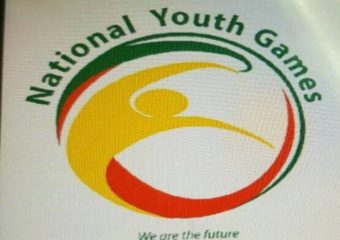
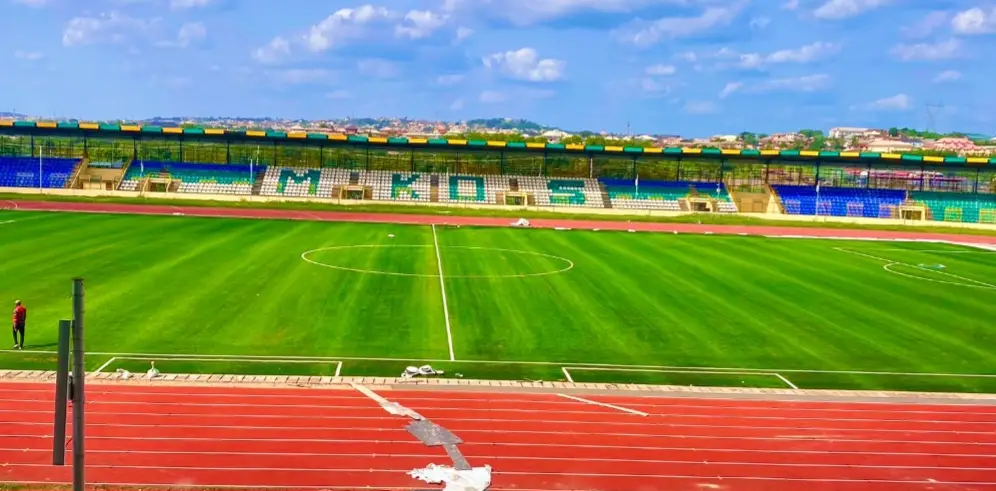
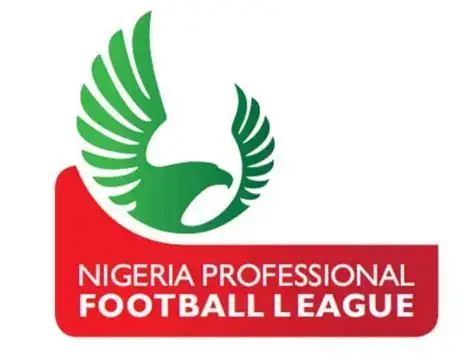
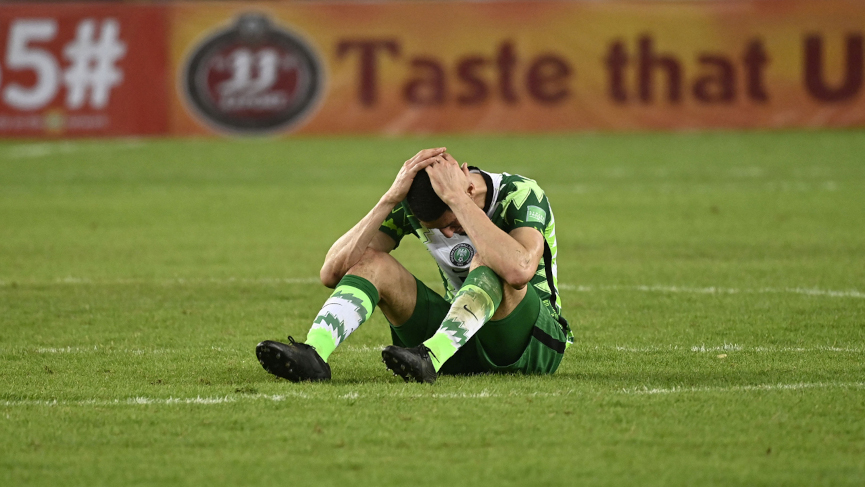
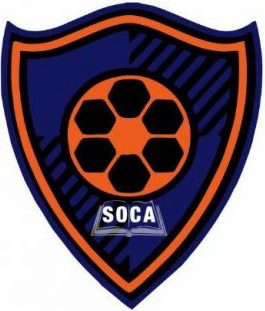
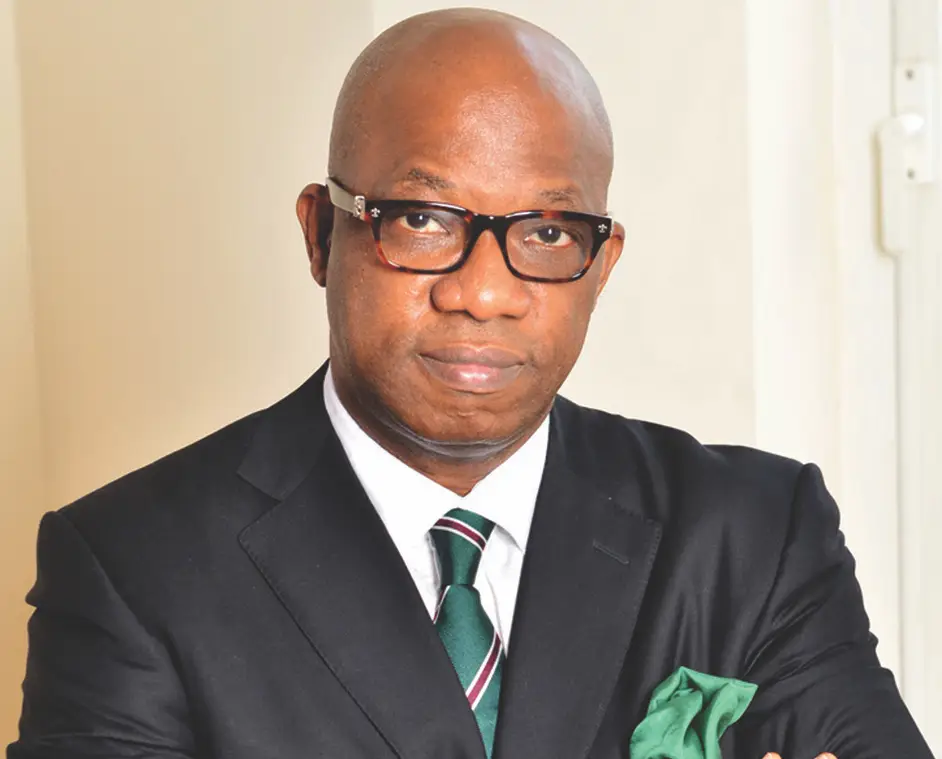



Article The Return of Authentic Sports Development:
What a Great article Segun. You said it all the I hope the decision-makers would read and follow up with organization and planning. Sports is the elixir of the People. The Nigerian population is hungry for a sports team or individual to make an impact at the Olympic Games the way Jamaica has done and other countries in Africa like the Female sprinters from the Ivory Coast, and the Olympic gold medalist and world record holder from South Africa. Nigeria can do or should be doing the same thing as your article clearly pointed out. Also with the most knowledgeable coach in track on the planet, The Great Lee Evans is in the country and not being taken advantage of his experience?